This post may contain affiliate links. Learn more.
The best lobster roll recipe is simple and succulent, with a buttery roll and lightly dressed, sweet and savory lobster meat. Don’t miss it.
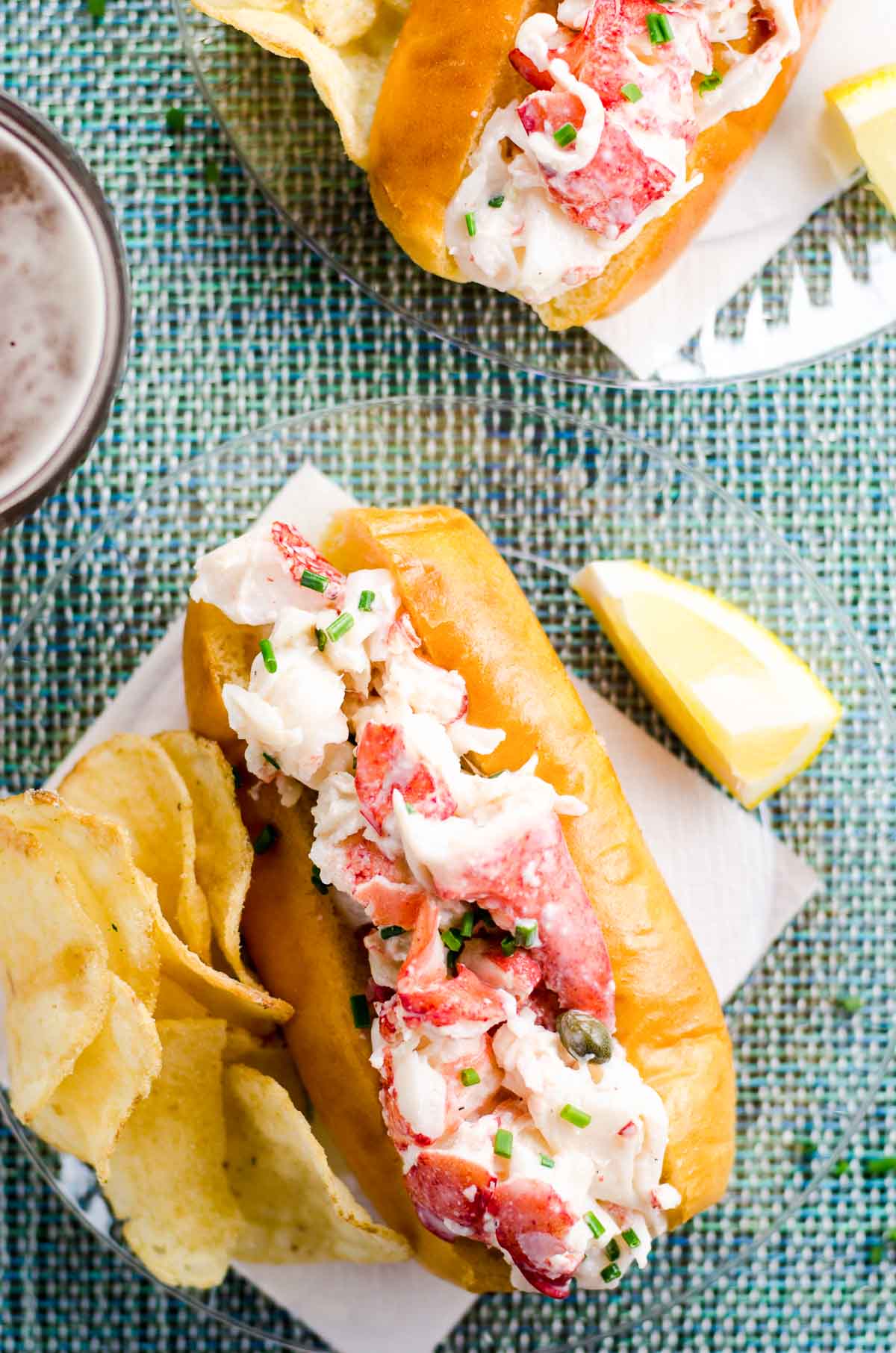
Why we love this recipe
Of all my favorites in the world, lobster is right up there with family members. I should maybe be more embarrassed to say that than I am. If that’s life in my 40s, I’ll take it.
Instead, I’m leaning into the awkwardness with the best lobster roll recipe I know. (Technically, it’s one of two equal favorites. This recipe is Maine-style, with chilled lobster salad — my other favorite is Connecticut-style, with warm, buttery lobster meat.)
Here’s how to make a lobster roll at home, a.k.a. how to be an absolute boss who brings love and light to everyone in your life. This recipe has:
- Lots of tender, succulent lobster. You can make the rolls standard-sized and easy to pick up with ¼ pound of cooked meat per roll, or follow the supersize trend and use ½ pound of lobster — and a fork.
- Perfectly crisp, buttery, top-split buns. You can buy them or use my favorite recipe to make your own.
- A light, lemony dressing tossed right in with the meat, for the perfect balance of flavors in every bite.
- Pops of freshness and flavor from snipped chives or other soft spring herbs of your choice.
What you’ll need
Here’s a glance at the ingredients you’ll need to make this recipe.
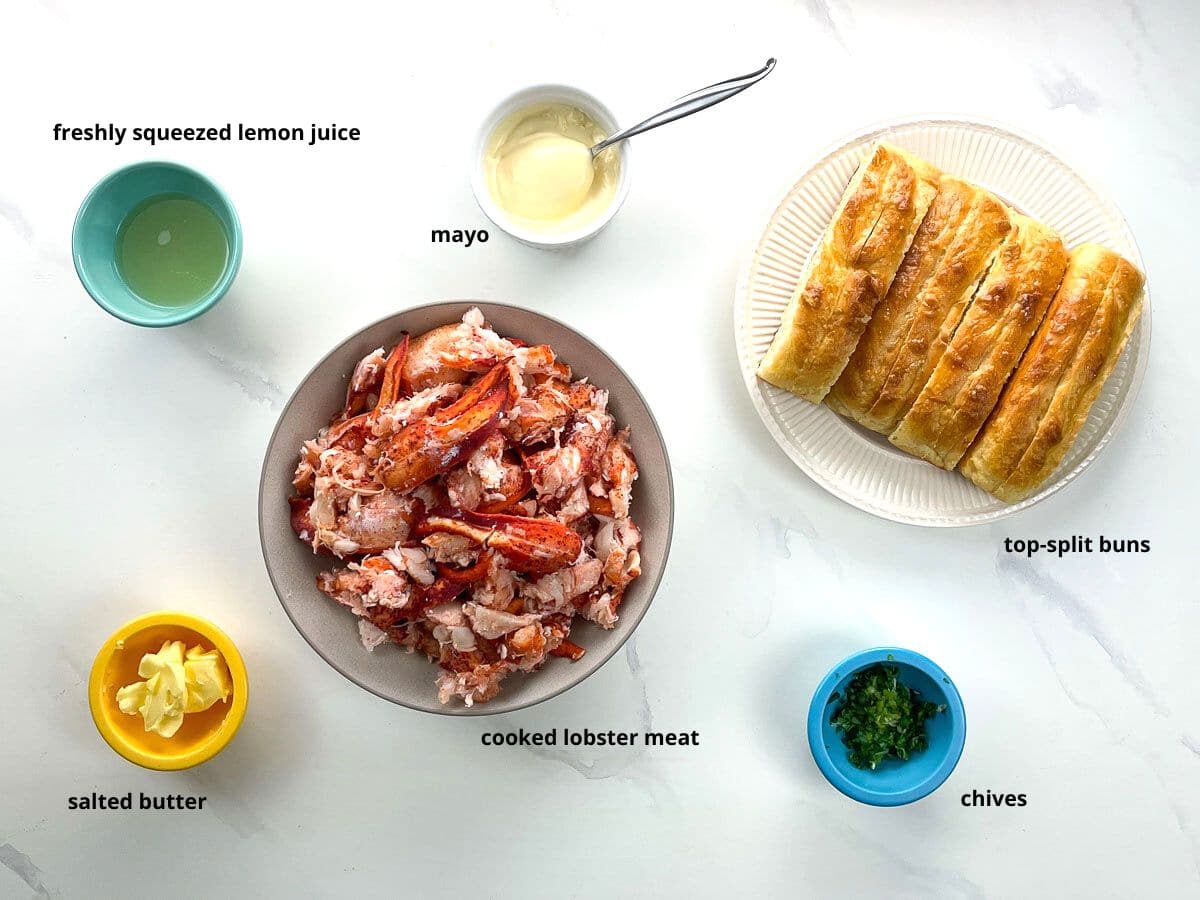
- For four standard-size lobster rolls, you’ll need one pound of cooked lobster meat. There are so many ways to arrive at this point that I’ve dedicated a whole section to it below.
- Top-split buns (also called New England-style hot dog buns) have shellacked tops and naked sides that take well to buttering and skillet-toasting. Buy them or get next-level and make your own with our favorite recipe.
- You can use a good-quality supermarket mayo, an easy homemade version, or an extra-savory option: Kewpie mayo. This Japanese brand is creamier, tangier, and more umami-fied than its American counterpart.
- A generous amount of freshly squeezed lemon juice mixed right into the sauce makes all the difference in the world. If you’ve ever intuited that something’s lacking from a lobster roll, I guarantee it was missing the perfect balance of acid and salt.
- Snipped chives provide a delicate, savory freshness and a little pop of color. You can use the green tops of scallions instead if that’s what you’ve got, or mix things up with other soft spring herbs. I especially love mixing in a little bit of fresh tarragon (at about a 1:3 ratio with chives) when I have some on hand.
- Use a really good-quality butter if you can. Here and virtually everywhere, I start with a cultured, salted butter from grass-fed cows. This sounds fancy but doesn’t have to be. Kerrygold, for example, is sold in most supermarkets at a reasonable price.
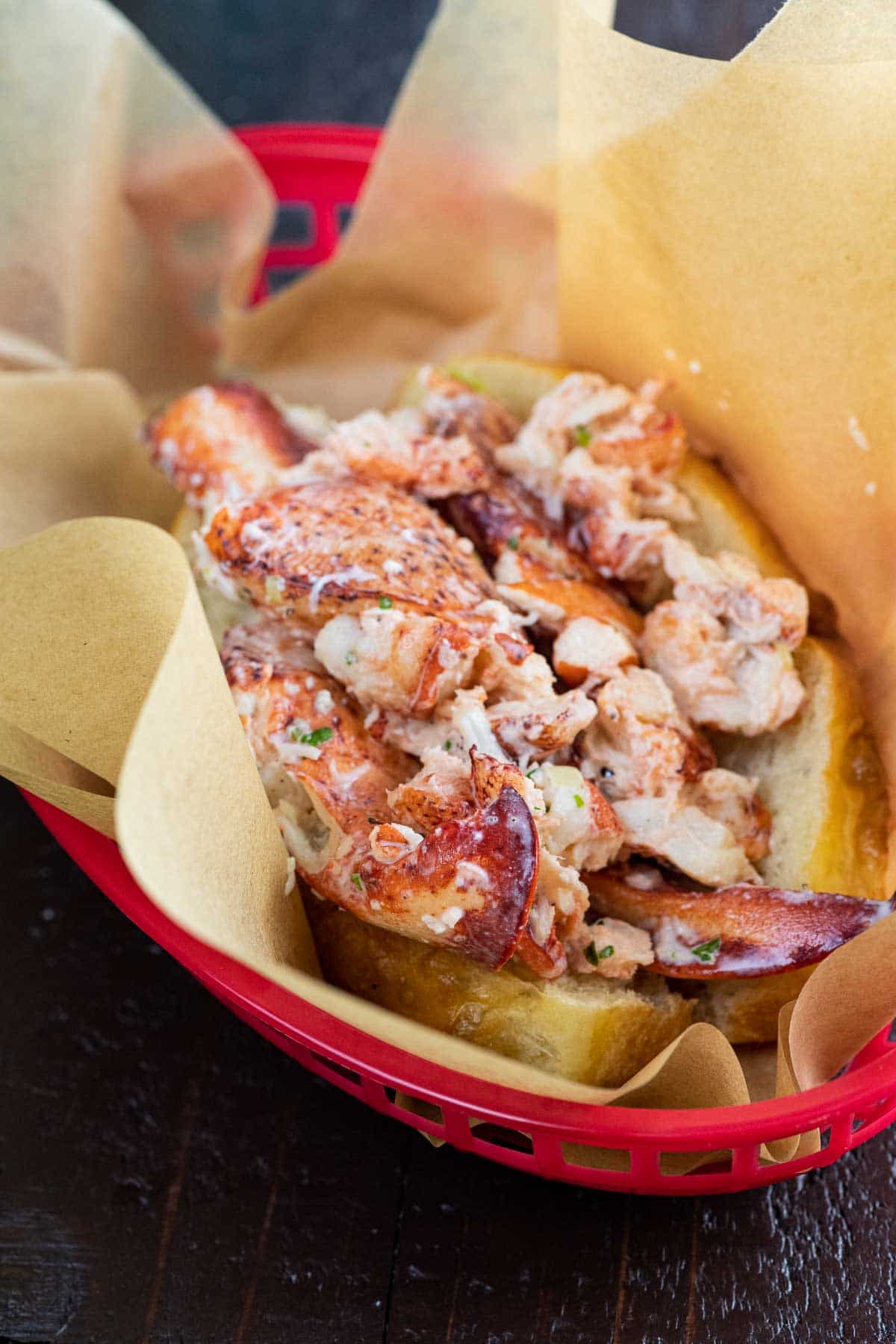
Sourcing lobster for rolls
Making lobster rolls is very quick if you start with pre-cooked meat, and that’s great. I feel like the Barefoot Contessa would go that route, so in a sense it’s unimpeachable. Traditionally, lobster rolls are made with claw and knuckle meat, which is succulent, tender, and flavorful (and leaves the tails for other preparations).
But if you ask me, by far the raddest way to make a lobster roll at home is to start with a live lobster and pick every morsel of meat from every part of the body. We’re not just talking tails and claws, as you may have gathered from my tone.
Whatever your vibe, you’ve got options. You can:
- Start with live lobsters. Here’s everything you need to know about how to find the secret nuggets of pure lobster gold that many people unwittingly throw away. It’s basically a free MBA. On average, one pound of live lobster will yield about 3 ½ ounces of meat — but summer soft-shells will yield significantly less.
- Buy picked lobster meat at your local fish market. For the half the photos in this post, I went to one of my local markets and bought a gorgeous two-pound bag of flash-frozen claw and knuckle meat, then defrosted it on a rimmed half sheet pan at room temperature for an hour. (Contact with metal accelerates defrosting — it’s science, but it’s also magic.) Something weird about our economy is that I didn’t pay more for this beautifully cooked, painstakingly shelled meat than I would have paid for its raw equivalent.
- Honestly, my favorite time to make lobster rolls is with leftovers in the days following a big feast. You wouldn’t know it from the current state of affairs, but this sandwich originated as a delicious way to use up odd bits of lobster meat, and you should absolutely feel free to do the same.
- Or hey, go in the opposite direction and start with tails (or other parts) and cook them sous-vide.
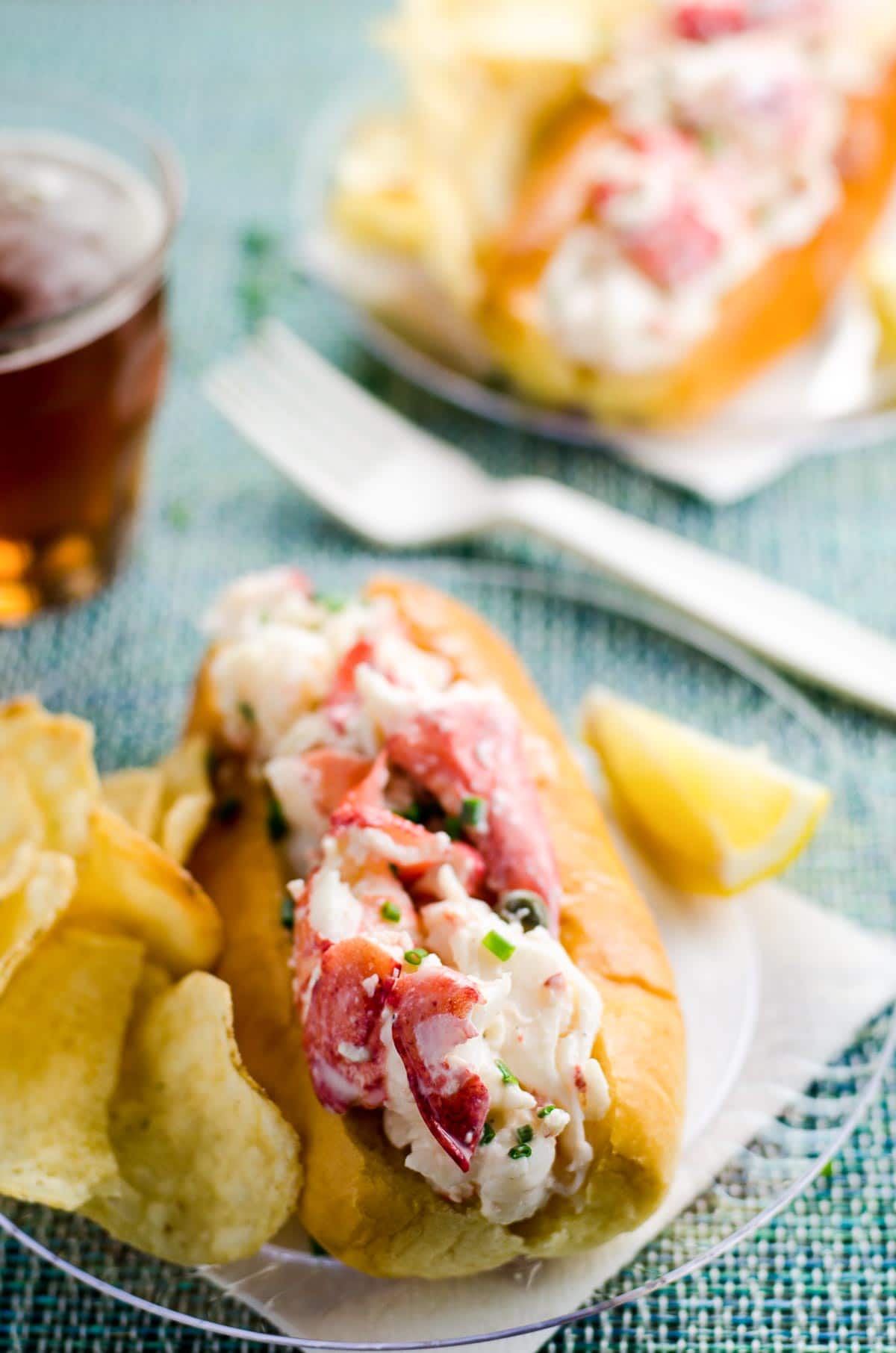
How to make it
Here’s an overview of what you’ll do to make the best lobster roll recipe. You can see the steps in action in the video that accompanies this post, and get all the details in the recipe card below.
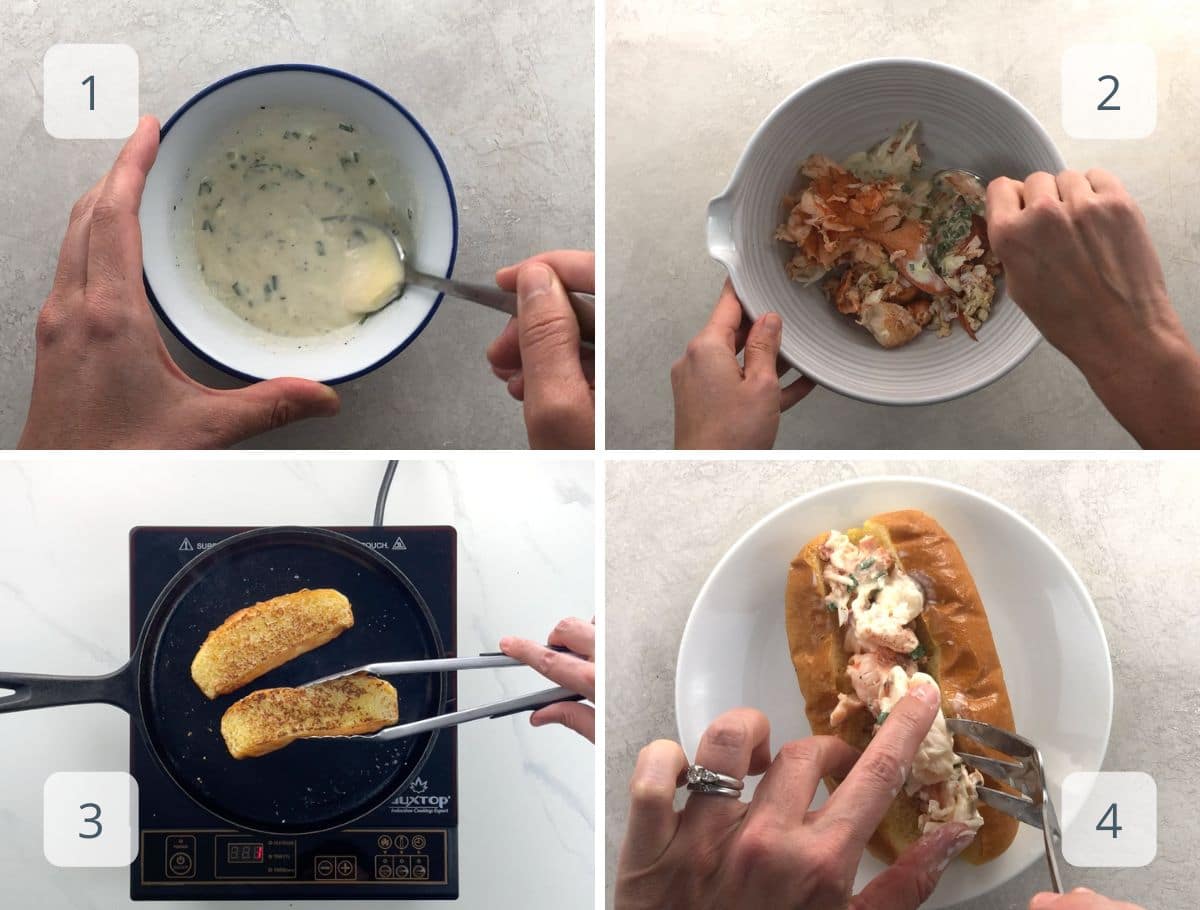
- First you’ll mix up the simple dressing.
- Toss the dressing together with the lobster meat.
- Butter and toast the buns.
- Fill the warm, buttery buns generously with the lobster salad and serve right away. That’s it!
Expert tips and FAQs
You can cook and pick the lobster meat and make the lobster salad up to a few days in advance (and make the buns, if you’re starting from scratch). Assemble the rolls right before serving.
Leftover elements can be stored separately — buns at room temperature or in the freezer, and lobster mixture in an airtight container in the fridge for up to a week.
Make it a meal
Lean into summer by pairing the best lobster roll recipe with:
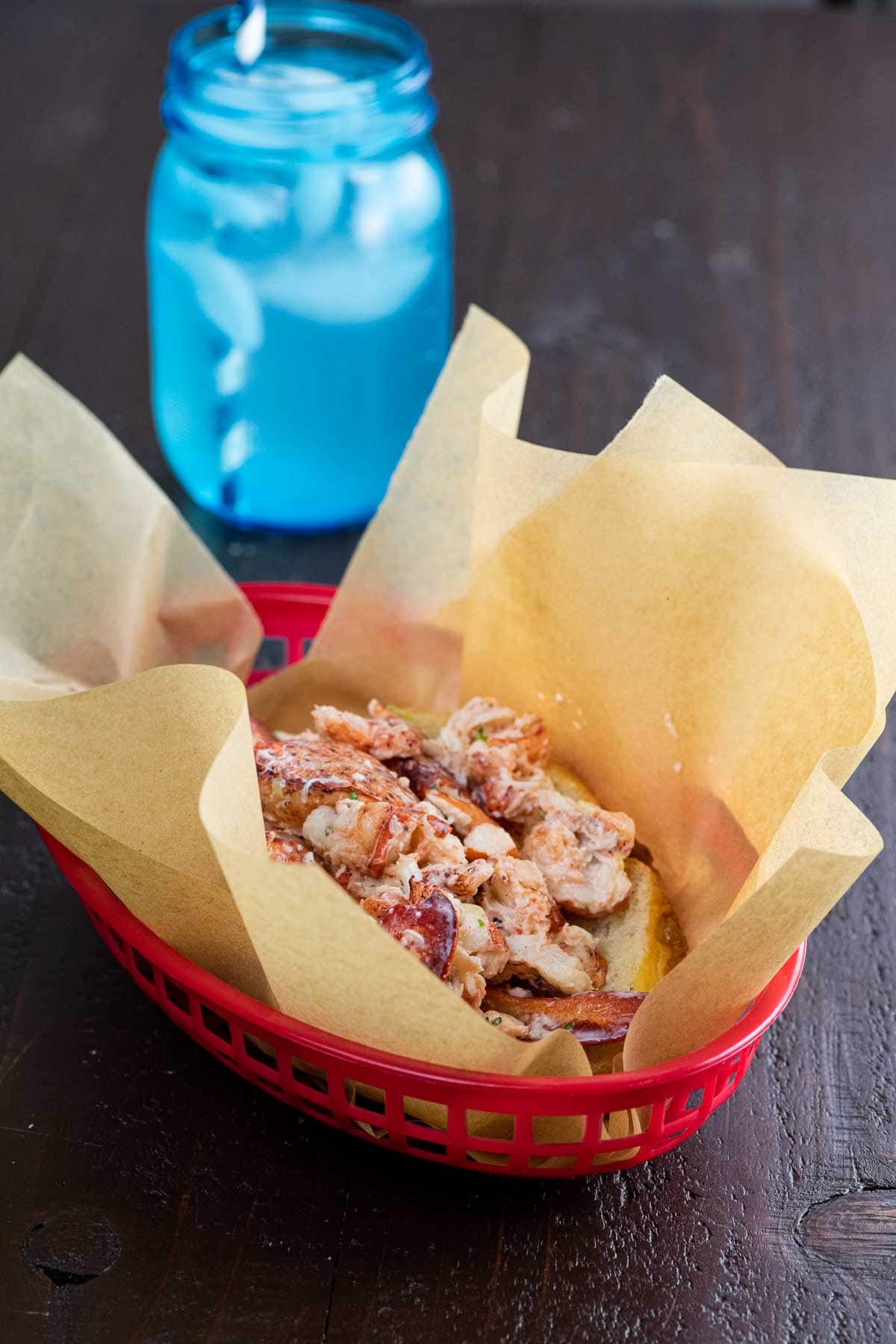
Summarize & Save This Content On
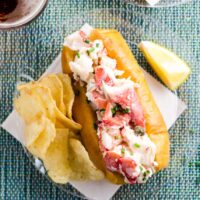
Best Lobster Roll Recipe (Maine-style)
Ingredients
- 1 pound (454 grams) cooked lobster meat
- 2 tablespoons (28 grams) mayonnaise
- 1 tablespoon (15 ml) freshly squeezed lemon juice
- 1 tablespoon capers, optional
- 1 tablespoon minced fresh chives
- ¼ teaspoon fine sea salt
- ⅛ teaspoon freshly ground black pepper
- 4 top-split buns
- 2 tablespoons (28 grams) good salted butter
Instructions
- Cut or tear the lobster meat into bite-sized pieces and place in a medium mixing bowl.
- In a small bowl, whisk together the mayonnaise, lemon juice, capers (if using), chives, salt, and pepper.
- Pour the dressing over the lobster and toss gently to coat all the meat.
- Spread the butter over the sides of the rolls.
- Warm a 12-inch cast iron skillet over medium-high heat.
- Set the buns down on the skillet on one of their sides. Cook for a minute or two until golden brown, then flip and cook the opposite side.
- Divide the lobster meat among the buns and serve immediately.
Notes
- Please refer to the Sourcing Lobster section of the post above for more information on choosing meat for lobster rolls.
- One pound of lobster meat makes four standard-sized rolls. If you'd like to go jumbo, use two pounds and also double the mayo, lemon juice, and chives.
- If you’d like to make your own top-split buns, here’s my favorite recipe.
- Snipped chives provide a delicate, savory freshness and a little pop of color. You can use the green tops of scallions instead if that's what you've got, or mix things up with other soft spring herbs. I especially love mixing in a little bit of fresh tarragon (at about a 1:3 ratio with chives) when I have some on hand.
- You can cook and pick the lobster meat up to a few days in advance (and make the buns, if you're starting from scratch). Heat and assemble the rolls right before serving.
- Leftover elements can be stored separately — buns at room temperature or in the freezer, and lobster mixture in an airtight container in the fridge for up to a week.
Nutrition
Nutrition information is automatically calculated, so should only be used as an approximation.


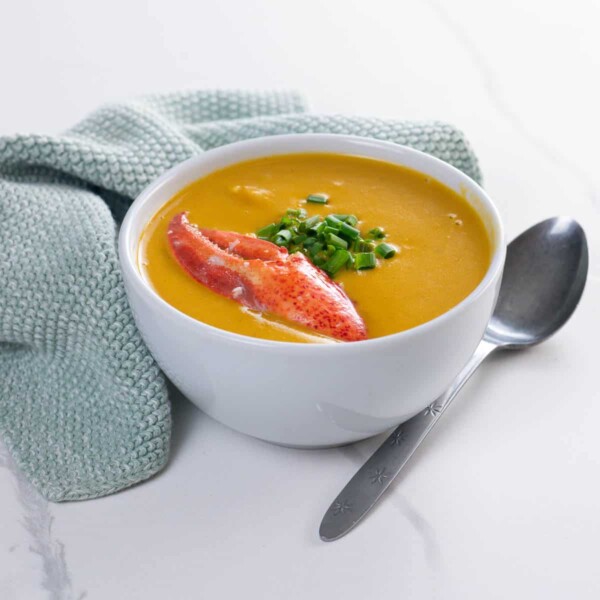
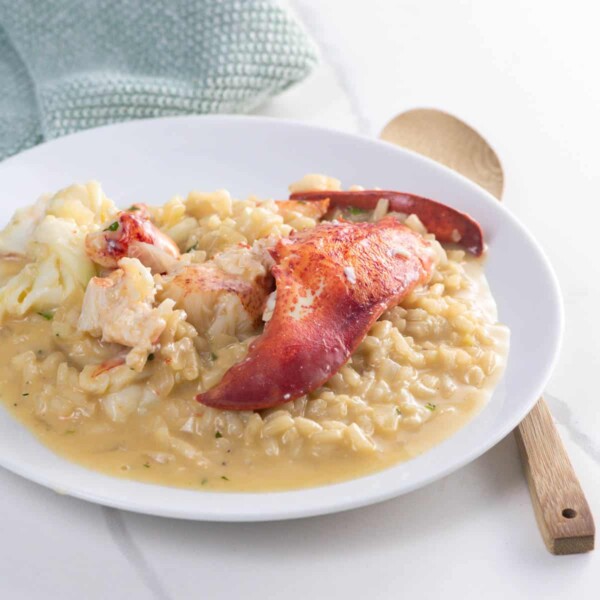
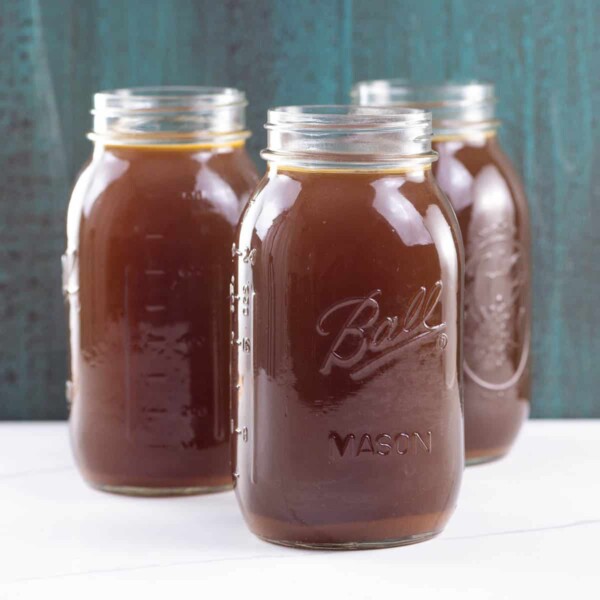
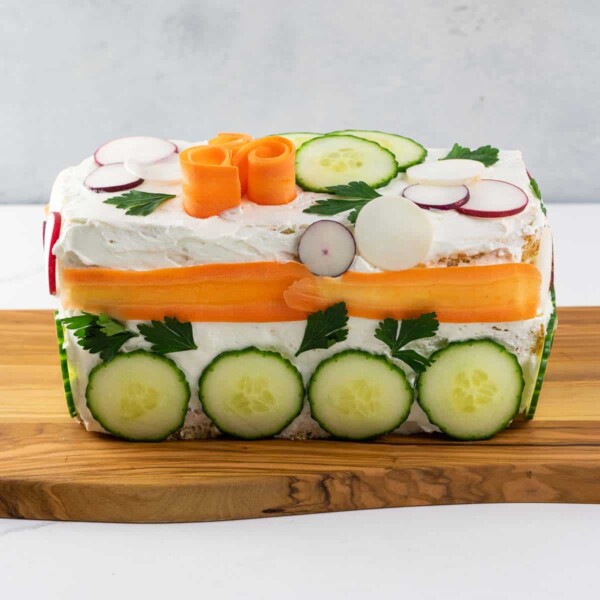







Want to start by saying your lobster roll recipe was killer. I did to different things I would like to share with you because maybe one day you can try it and it turned out really good. I made 10 lobster rolls your way and made 10 your way with a little adjustments and it was crazy the difference. Not saying it was better just a different flavor. I took the hepatopancreas out of each lobster I cooked and purred it with the juice from the capers and added it back in to the lobster mix before it was on the roll. The flavor was absolutely insane. The fat from the lobster literally gave it a savory umami taste.
Love this, Nicholas. Thanks for sharing.